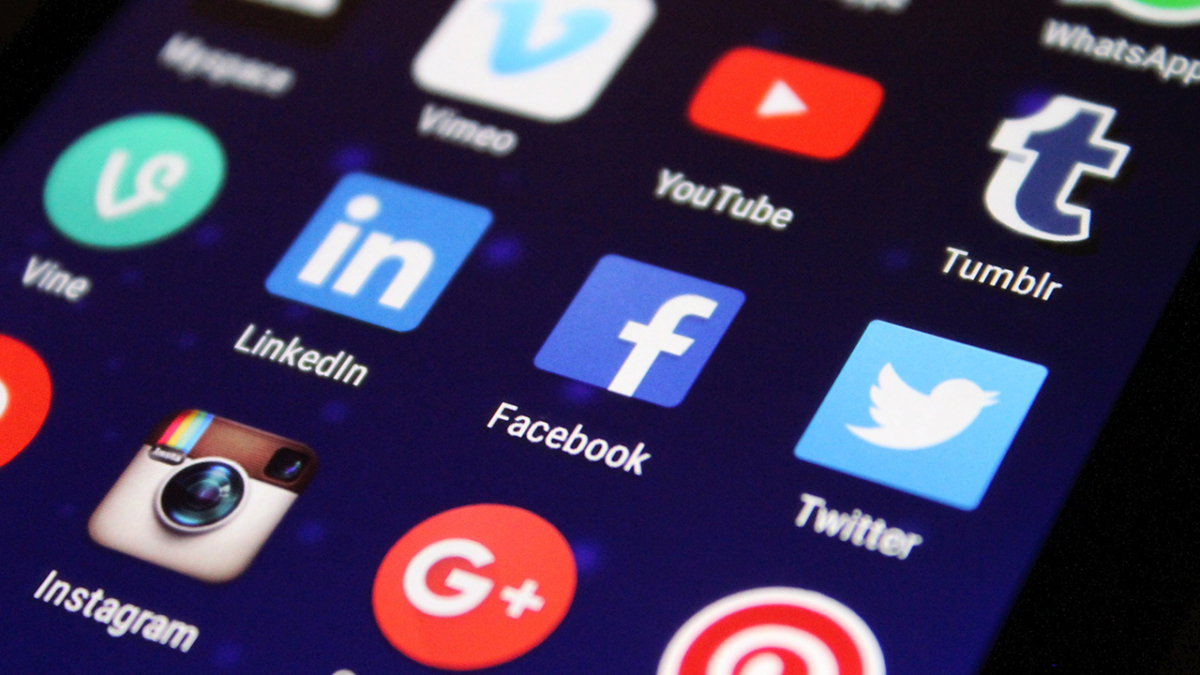Whenever there is a discussion about social media and mental health, there is generally a negative association. Many studies now have pointed to individuals developing depression or anxiety as a result of time spent on social media sites like Facebook and Twitter.
But is this a full picture?
There is actually another side to the coin that suggests social media can actually be good for some people’s mental health.
Social Media Keeps Us Connected to Those We Love
Currently, most of the country is prepared to go into lockdown again because of Covid-19. This pandemic has caused a lot of grief and stress for many people. But thanks to social media, we have all been able to stay connected with loved ones, share important information with community members, and stay apprised of the latest health findings. In times of stress, social media can actually be something that brings people together so we don’t feel so alone.
Social Media for Mental Health Support
Global pandemic aside, there are times in a person’s life when they may develop depression or feelings of anxiety. And many people who suffer from mental health issues feel as if they have no one in their immediate circle to turn to for support.
At these times, many people turn to the Internet to search for support and encouragement from the mental health community. In doing so, they receive the information as well as the comfort and guidance they need.
A Michigan State University study published in the Journal of Computer Mediated-Communication supports the theory that social media use might actually be beneficial to our mental health. In the study, researchers analyzed data from more than 13,000 relationships from adult participants. The data suggested that social media users were 63% less likely to experience mental health crises, including anxiety and depression.
Be a Mindful User
The study found that those people who use social media, even on a daily basis, to connect and share information, had positive mental health outcomes. Those who had an emotionally unhealthy connection to social media – as an example, those people who check their pages excessively out of fear of missing out, tend to have negative mental health outcomes.
In conclusion, it seems that the real key is to be a mindful social media user. Those that may have already developed an unhealthy social media habit that seems to have developed anxiety or depression may want to seek counseling to adjust their behavior.
If you would like to speak to someone about your social media use and how it is negatively affecting your mental health, please get in touch with me.
SOURCES:
- https://www.hsph.harvard.edu/news/features/social-media-positive-mental-health/
- https://www.healthyplace.com/blogs/mentalhealthforthedigitalgeneration/2018/04/social-media-can-benefit-mental-health
- https://psychcentral.com/news/2019/06/29/social-media-may-improve-mental-health-for-adults/148223.html



